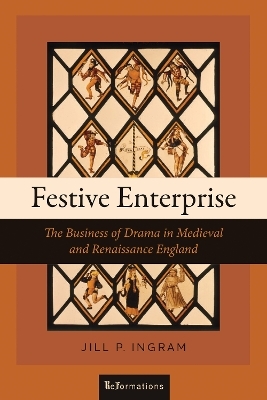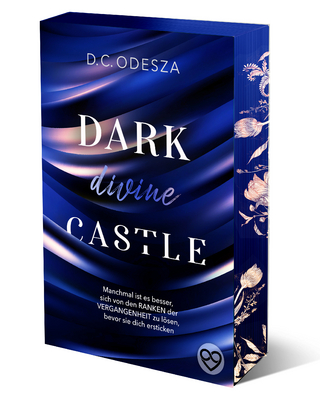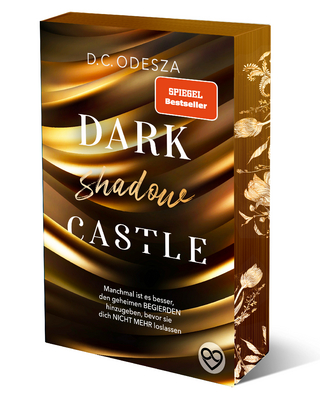
Festive Enterprise
The Business of Drama in Medieval and Renaissance England
Seiten
2021
University of Notre Dame Press (Verlag)
978-0-268-10909-7 (ISBN)
University of Notre Dame Press (Verlag)
978-0-268-10909-7 (ISBN)
Festive Enterprise reveals marketplace pressures at the heart of dramatic form in medieval and Renaissance drama.
In Festive Enterprise, Jill P. Ingram merges the history of economic thought with studies of theatricality and spectatorship to examine how English Renaissance plays employed forms and practices from medieval and traditional entertainments to signal the expectation of giving from their audiences. Resisting the conventional divide between medieval and Renaissance, Festive Enterprise takes a trans-Reformation view of dramaturgical strategies, which reflected the need to generate both income and audience assent. By analyzing a wide range of genres (such as civic ceremonial, mummings, interludes, scripted plays, and university drama) and a diverse range of venues (including great halls, city streets, the Inns of Court, and public playhouses), Ingram demonstrates how early moderns borrowed medieval money-gatherers’ techniques to signal communal obligations and rewards for charitable support of theatrical endeavors. Ingram shows that economics and drama cannot be considered as separate enterprises in the medieval and Renaissance periods. Rather, marketplace pressures were at the heart of dramatic form in medieval and Renaissance drama alike.
Festive Enterprise is an original study that traces how economic forces drove creativity in drama from medieval civic processions and guild cycle plays to the early Renaissance. It will appeal to scholars of medieval and early modern drama, theater historians, religious historians, scholars of Renaissance drama, and students in English literature, drama, and theater.
In Festive Enterprise, Jill P. Ingram merges the history of economic thought with studies of theatricality and spectatorship to examine how English Renaissance plays employed forms and practices from medieval and traditional entertainments to signal the expectation of giving from their audiences. Resisting the conventional divide between medieval and Renaissance, Festive Enterprise takes a trans-Reformation view of dramaturgical strategies, which reflected the need to generate both income and audience assent. By analyzing a wide range of genres (such as civic ceremonial, mummings, interludes, scripted plays, and university drama) and a diverse range of venues (including great halls, city streets, the Inns of Court, and public playhouses), Ingram demonstrates how early moderns borrowed medieval money-gatherers’ techniques to signal communal obligations and rewards for charitable support of theatrical endeavors. Ingram shows that economics and drama cannot be considered as separate enterprises in the medieval and Renaissance periods. Rather, marketplace pressures were at the heart of dramatic form in medieval and Renaissance drama alike.
Festive Enterprise is an original study that traces how economic forces drove creativity in drama from medieval civic processions and guild cycle plays to the early Renaissance. It will appeal to scholars of medieval and early modern drama, theater historians, religious historians, scholars of Renaissance drama, and students in English literature, drama, and theater.
Jill P. Ingram is associate professor of English at Ohio University. She is the editor of the New Kittredge edition of Shakespeare’s Love’s Labour’s Lost and author of Idioms of Self-Interest: Credit, Identity, and Property in English Renaissance Literature.
Introduction
1. The Festive Gatherer and the Empathetic Thief: The Genealogy of a Character
2. Forms of Investment: Mummings, Prologues and Epilogues
3. Reconciliation in The Winter’s Tale: Devotion and Commerce from Guilds to Church Ales
4. The Mobile Entertainer: John Taylor’s Penniless Pilgrimage
5. Coding Complaint in Gesta Grayorum and The Christmas Prince
6. “A Jest’s Prosperity”: The Market, Marprelate, and Love’s Labour’s Lost
Conclusion
| Erscheinungsdatum | 16.03.2021 |
|---|---|
| Reihe/Serie | ReFormations: Medieval and Early Modern |
| Zusatzinfo | 6 Illustrations, black and white |
| Verlagsort | Notre Dame IN |
| Sprache | englisch |
| Maße | 152 x 229 mm |
| Themenwelt | Literatur ► Lyrik / Dramatik ► Dramatik / Theater |
| Kunst / Musik / Theater ► Theater / Ballett | |
| Geisteswissenschaften ► Sprach- / Literaturwissenschaft ► Anglistik / Amerikanistik | |
| Geisteswissenschaften ► Sprach- / Literaturwissenschaft ► Literaturwissenschaft | |
| ISBN-10 | 0-268-10909-5 / 0268109095 |
| ISBN-13 | 978-0-268-10909-7 / 9780268109097 |
| Zustand | Neuware |
| Informationen gemäß Produktsicherheitsverordnung (GPSR) | |
| Haben Sie eine Frage zum Produkt? |
Mehr entdecken
aus dem Bereich
aus dem Bereich


